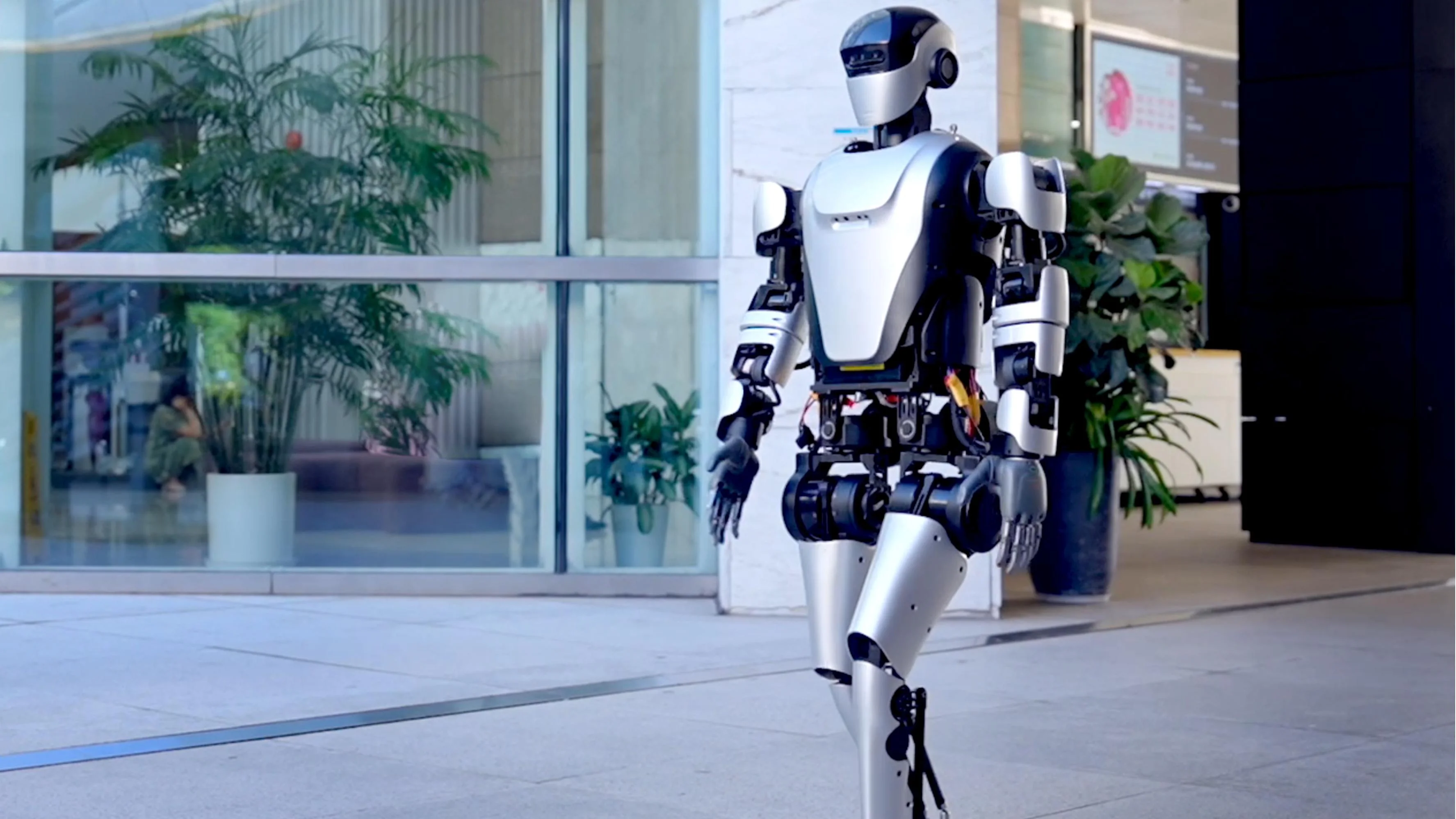- Published on
China’s Humanoid Sector Sees IPO Rush as Unitree, Aelos, and AgiBot Vie for Market Lead

A race to the public market is heating up among China’s leading humanoid robotics companies, signaling a pivotal moment for an industry rapidly moving from venture-backed hype to the scrutiny of public valuation.
According to a report from cls.cn, three major players—Unitree Robotics, Aelos Robotics (also known as Leju), and Zhiyuan Robotics (AgiBot)—are all making concurrent preparations for initial public offerings. This simultaneous push suggests the sector is entering a new phase where proving commercial viability and scaling mass production are becoming the primary metrics for success.
The Contenders' Capital Moves
Each company is taking a slightly different path to the stock exchange:
- Aelos Robotics (Leju): The company recently registered for IPO tutoring for an A-share listing, according to the China Securities Regulatory Commission (CSRC). This follows the announcement last week of a 1.5 billion yuan Pre-IPO financing round.
- Unitree Robotics: In what is widely seen as a key step in its IPO process, Unitree recently completed a name change (from "Hangzhou Unitree Technology Co., Ltd." to "Unitree Technology Co., Ltd."), and founder Wang Xingxing's title was updated to Chairman of the Board.
- Zhiyuan Robotics (AgiBot): While its plans remain less certain, AgiBot's "aggressive capital maneuvers," including a reported reverse acquisition of Swancor Advanced Materials, are viewed by observers as a clear effort to compete for the "first humanoid robotics stock" title. AgiBot has been planning a Hong Kong IPO for next year, as we've previously reported.
Two Generations, One Goal
The three firms represent two distinct "generations" of robotics enterprises, each with different core strengths.
Aelos and Unitree were both founded in 2016, during a wave of enthusiasm for service robots. They chose the more difficult and niche path of legged robotics, facing initial investor indifference. Their primary strengths, built over nearly a decade, lie in hardware and motion control. Unitree is considered first-tier in core components like servo motors and joints, while Aelos is noted for its bipedal structures and balance algorithms.
In contrast, AgiBot was founded in 2023, squarely in the new wave of "embodied intelligence." Driven by its high-profile founder, Peng Zhihui, AgiBot’s strength is in artificial intelligence, focusing on self-developed multimodal large models and reinforcement learning to give its robots autonomous capabilities. Read about their LinkCraft platform here.
Now, these two generations are converging. The hardware-first companies, Unitree and Aelos, are aggressively developing their own AI "brains" to catch up, while the AI-first AgiBot must prove it can master high-performance hardware at scale.
The Shared Hurdle: Commercialization
Regardless of their origins, all three companies face the same fundamental challenge: proving they can scale mass production at a manageable cost and identify application scenarios with a clear return on investment (ROI).
Unitree appears to be at the forefront of commercialization. Founder Wang Xingxing claimed in June that the company's annual revenue had exceeded 1 billion RMB and that it has been profitable since 2020. Its revenue is diversified, with quadruped robots still making up the majority (~65%) of sales in 2024. The company is leveraging its hardware expertise to pursue a two-pronged strategy: capturing the mass market with low-cost models like the R1, priced around $5,500, while also building high-performance flagships like the newly unveiled H2 robot.
Aelos (Leju) is focusing squarely on "commercial delivery." The company’s CEO, Chang Lin, has emphasized the importance of ROI, stating that robots in certain roles could recoup their costs within two years. A company vice president recently claimed Aelos expects to deliver 1,000 to 2,000 full-sized robots this year, primarily for service and research scenarios. As proof of its scaling ability, the company recently delivered on the industry's largest-known single order: a 100-robot, 82.95 million RMB project for a data training center.
AgiBot, the youngest of the three, is also "aggressively pursuing" commercialization. The company, which produced its 1,000th robot in January 2025, is targeting eight scenarios, from manufacturing and logistics to entertainment. However, due to its high valuation and the capital-first nature of its founding, AgiBot faces heightened pressure to deliver on its ambitious promises.
As technology converges and capital returns to rationality, the IPO race is less about which company lists first and more about which can be the first to truly solve the fundamental questions of cost, scale, and real-world utility.
Share this article
Stay Ahead in Humanoid Robotics
Get the latest developments, breakthroughs, and insights in humanoid robotics — delivered straight to your inbox.